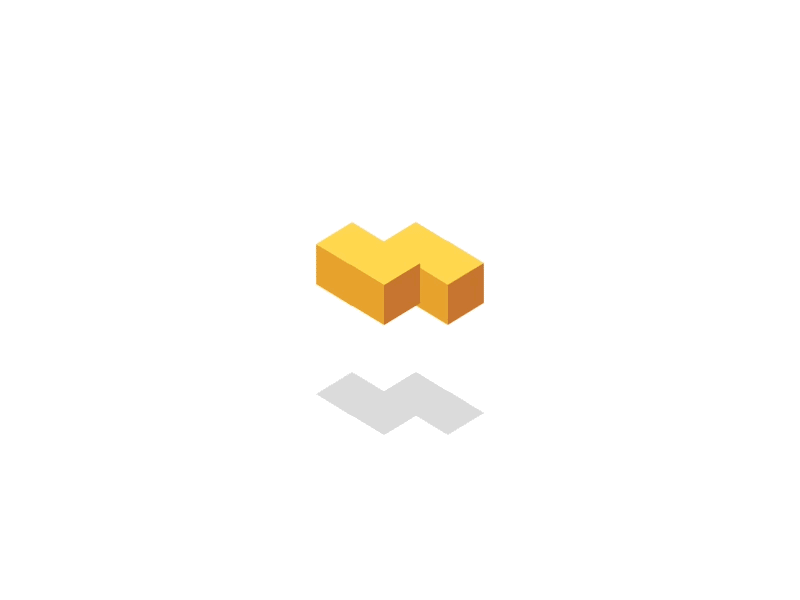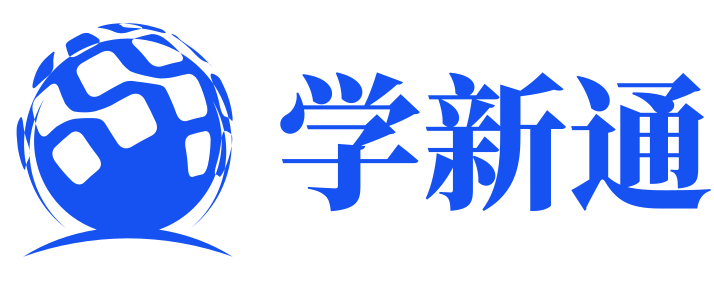黑白Objective C的自我和C++的区别?

问题说明
谁能说出目标 C 的 self 和 C this 指针之间的区别?
can someone tell the difference between objective C's self and C this pointer?
正确答案
主要区别在于 this 是关键字,而 self 是变量.这样做的结果是,虽然 this 总是 引用正在执行特定方法的对象,但 Objective-C 方法可以自由修改 self在执行过程中.这有时被构造函数使用,它在失败时设置 self = nil.
The main difference is that this is a keyword, while self is a variable. The result of this is that while this always refers to the object that is executing a particular method, Objective-C methods are free to modify self during execution. This is sometimes used by constructors, which set self = nil on failure.
这样做的原因是:
- 这样子类(用
self = [super init]链接初始化器)可以看到初始化失败的时间,并且知道不要在自己的初始化器中继续. - 组合对象可以看到失败并知道它们没有有效的组件.
- so that subclasses (which chain initialisers with
self = [super init]) can see when the initialisation fails and know not to carry on in their own initialisers. - composing objects can see the failure and know that they don't have a valid component.
某些初始化程序会将 self 设置为不同但有效的对象.这可用于类集群,其中抽象"类可以在构建初始化对象时生成临时实例,但最终根据构建期间构建的属性返回不同的对象.
Some initialisers will set self to a different, but valid, object. This can be used in class clusters, where the "abstract" class can generate a temporary instance while building the initialised object, but ultimately return a different object based on the properties that were built up during construction.
另外,这意味着你可以用变量名做通常用关键字做不到的让大家迷惑的事情,比如在self中定义一个更局部的同名变量一个代码块.
In addition, it means that you can do the usual things with variable names that confuse everyone that you can't do with keywords, such as defining a more local variable with the same name self in a code block.
这篇好文章是转载于:学新通技术网
- 版权申明: 本站部分内容来自互联网,仅供学习及演示用,请勿用于商业和其他非法用途。如果侵犯了您的权益请与我们联系,请提供相关证据及您的身份证明,我们将在收到邮件后48小时内删除。
- 本站站名: 学新通技术网
- 本文地址: /reply/detail/tanhcfkhch
-

YouTube API 不能在 iOS (iPhone/iPad) 工作,但在桌面浏览器工作正常?
it1352 07-30 -

iPhone,一张图像叠加到另一张图像上以创建要保存的新图像?(水印)
it1352 07-17 -

保持在后台运行的 iPhone 应用程序完全可操作
it1352 07-25 -

使用 iPhone 进行移动设备管理
it1352 07-23 -

在android同时打开手电筒和前置摄像头
it1352 09-28 -

扫描 NFC 标签时是否可以启动应用程序?
it1352 08-02 -

检查邮件是否发送成功
it1352 07-25 -

Android微调工具-删除当前选择
it1352 06-20 -

希伯来语的空格句子标记化错误
it1352 06-22 -

Android App 和三星 Galaxy S4 不兼容
it1352 07-20


